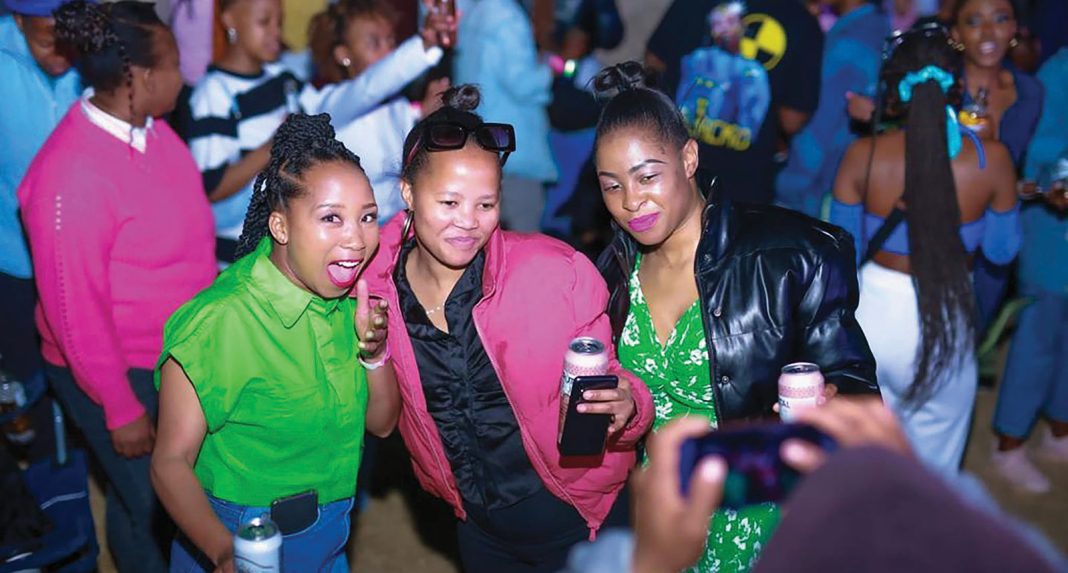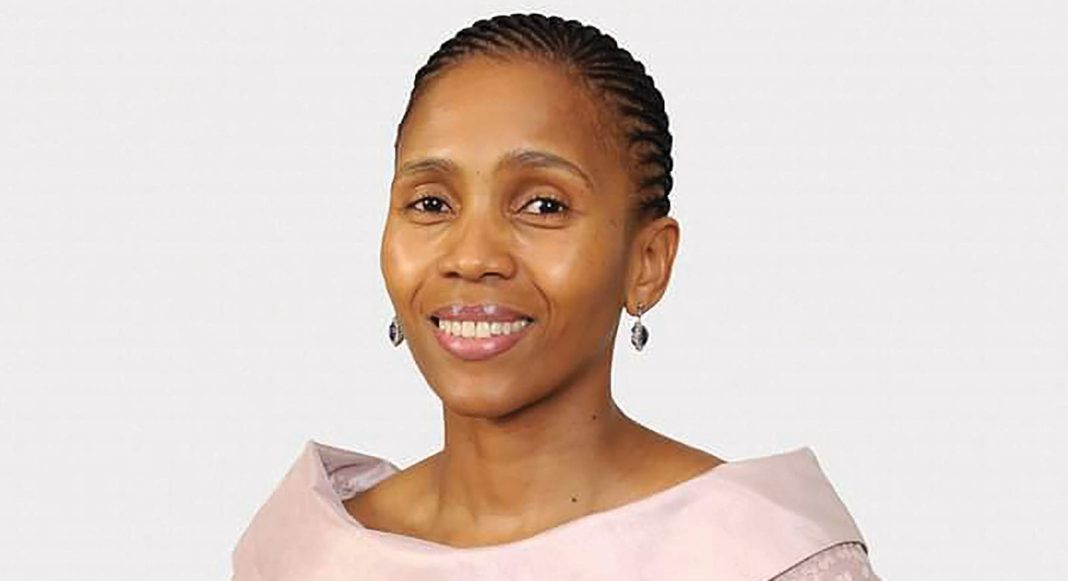By Neo Kolane
Revelations that the ministry of health intends to implement a hybrid medical approach, drawing on both traditional and Western medical practices to enhance healthcare delivery at Maseru District Hospital and Eye-clinic, have rubbed indigenous medicine practitioners up the wrong way.
The announcement was made by deputy prime minister, Nthomeng Majara, during the inauguration of the hospital on Thursday last week.
Majara said the innovative approach will integrate traditional and western medicine practices.
She recalled her recent visit with health minister Selibe Mochoboroane to Wuhan Hospital in China, where they observed first-hand the successful integration of these two medical approaches in patient care.
“I was recently privileged to visit Wuhan Hospital with the minister of health and witness how they combine traditional and Western medicine.
“We expect Maseru District Hospital to adopt a similar approach as we establish this partnership,” Majara stated.
The director of clinical services, Lucy Mapota, highlighted the longstanding collaboration between Lesotho and China in integrating traditional Chinese medicine practices, such as acupuncture, into physiotherapy.
Mapota noted that this partnership is not new but ongoing, citing there is a significant difference between Lesotho and Chinese traditional medicine practices.
“In China, herbs used in traditional medicine have undergone thorough investigation to understand their medicinal properties.
“Once these herbs are processed into medicine, they are utilised in hospitals to treat patients effectively,” she pointed out.
In contrast, Mapota indicated, Lesotho has not conducted similar investigations into its traditional herbs.
She said there is need for Basotho researchers to scientifically study their indigenous herbs. By doing so, these herbs could be developed into effective treatments that can benefit patients in Lesotho’s healthcare system.
Mapota mentioned that there is an existing department dedicated to Chinese traditional medicine at Queen Elizabeth II hospital, which has been operational for some time.
She also emphasised that even Western medicines undergo investigation and testing before being imported into the country.
“Looking forward, the proposed Medicine and Medical Devices Control Authority Bill 2019 aims to rectify this disparity by allowing manufacturers to establish laboratories in Lesotho for testing and analysing herbal medicines.
“This legislative framework intends to facilitate the scientific investigation and approval of Basotho traditional medicines, thus potentially integrating them into the country’s healthcare system with verified efficacy and safety,” she added.
Top of Form
Bottom of Form
The president of the Traditional Healers Association, Malefetsane Liau, told theReporter that traditional healers have long advocated for the integration of traditional and Western medicines within hospitals across Lesotho.
However, he expressed frustration that the ministry of health has never prioritised this issue over the years.
He said the country tends to experience shortages of medications, while on the other hand there is an abundance of herbs.
“Engaging traditional doctors in hospitals and improving their abilities by taking them to other countries to learn western and traditional medical practices coexist, is something that the relevant authorities have never shown interest in.
“It is only western doctors who are travelling the world,” Liau said.
He further reiterated that a traditional doctor is needed in every hospital in Lesotho.









